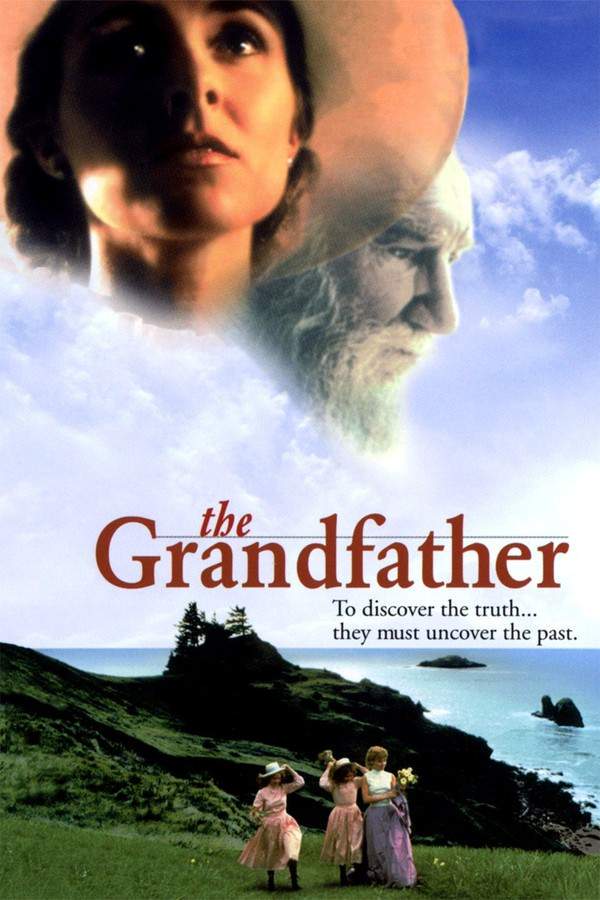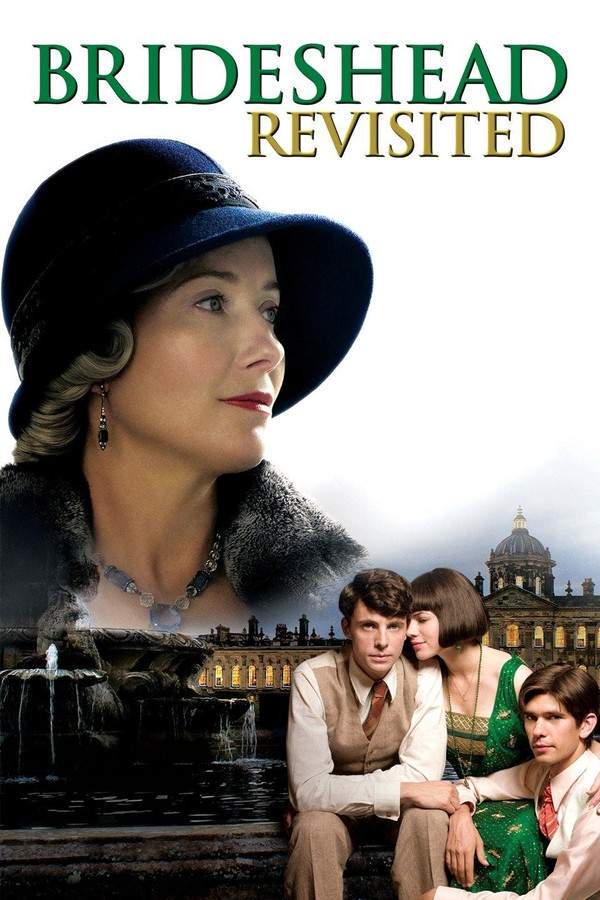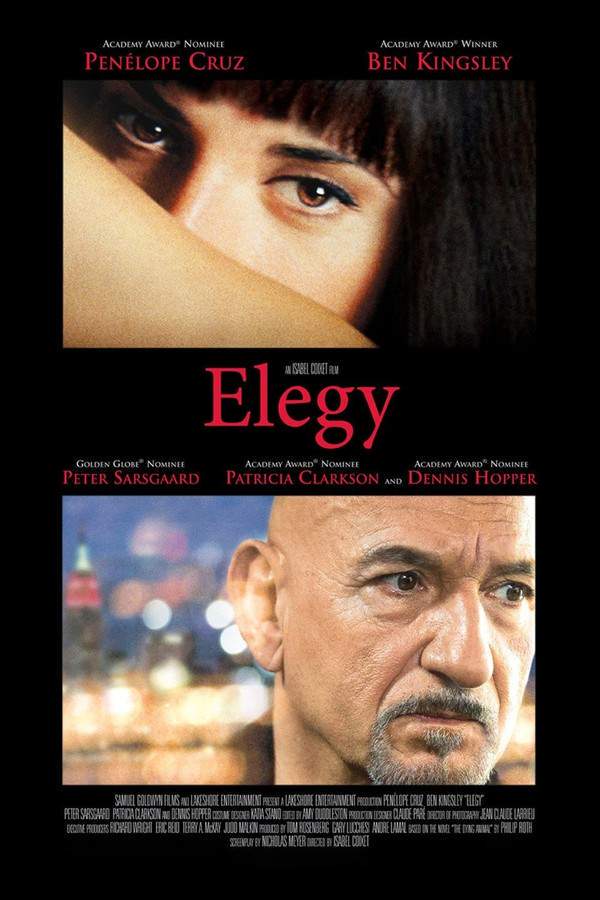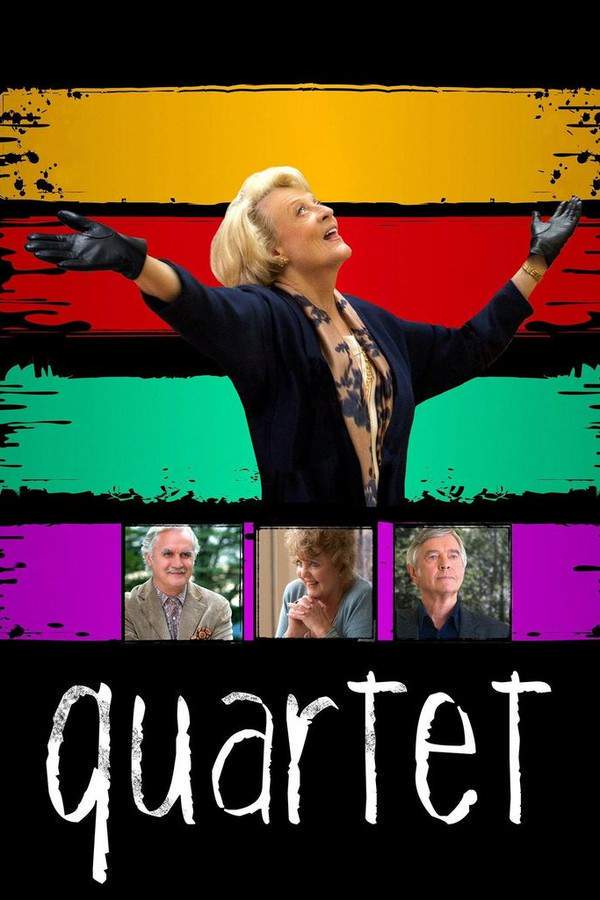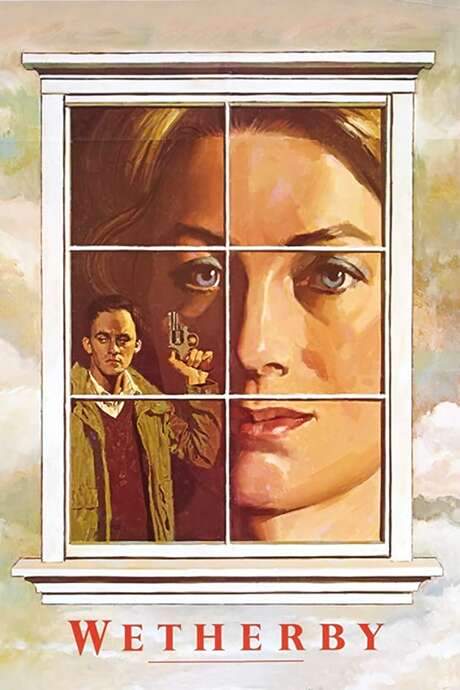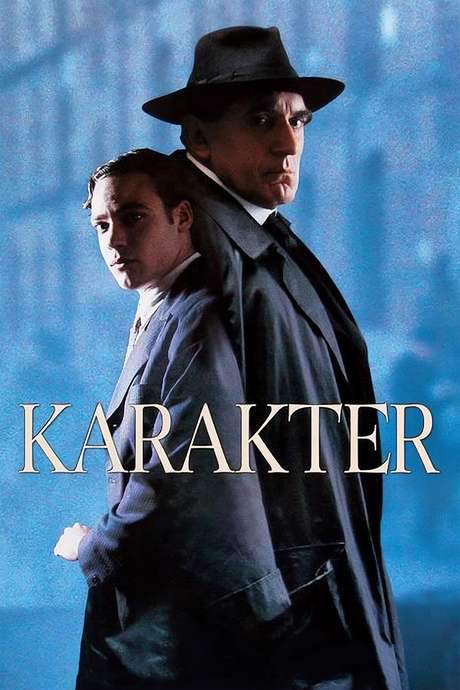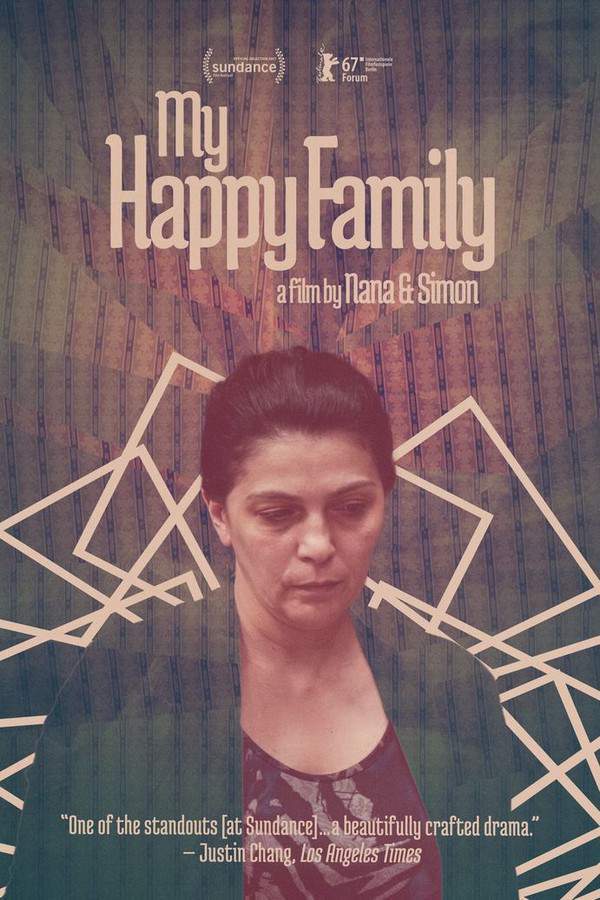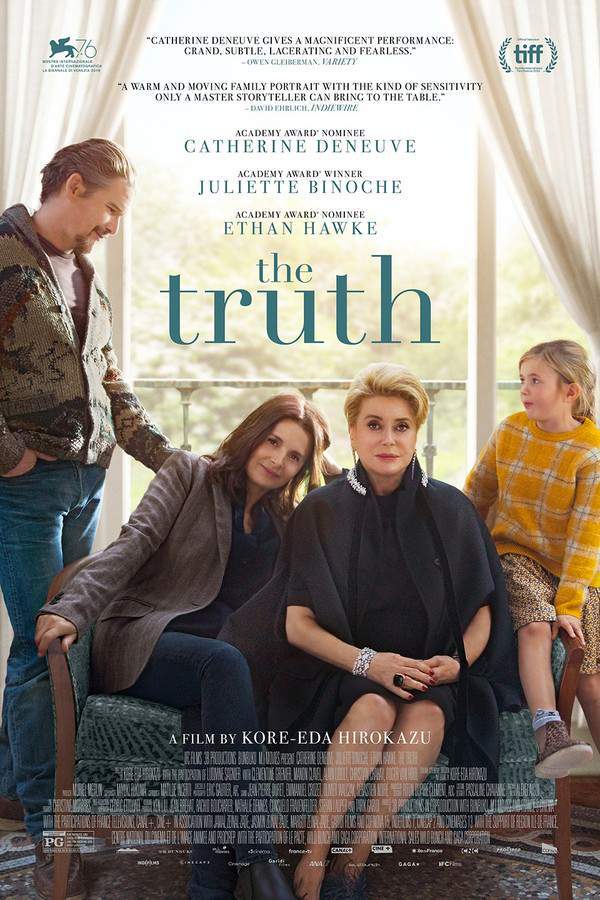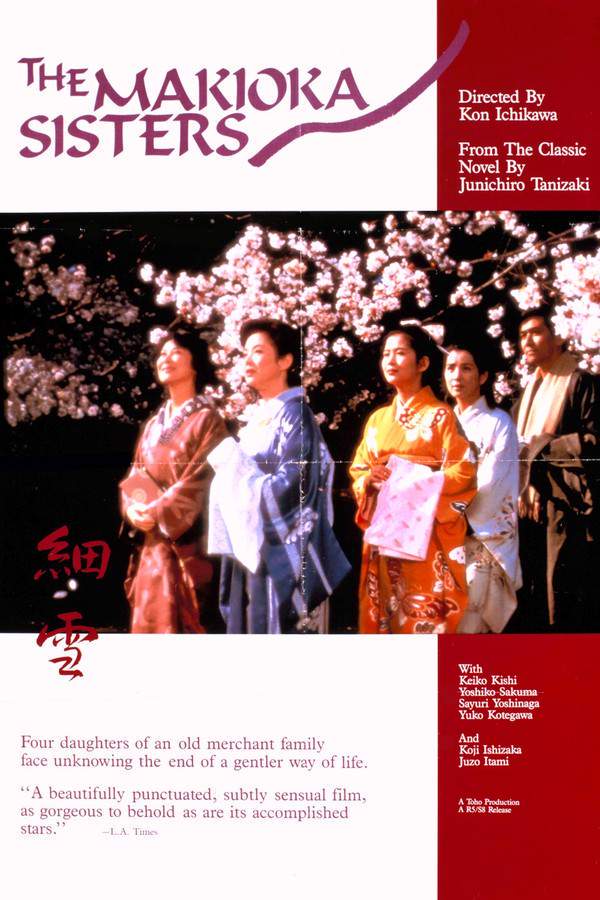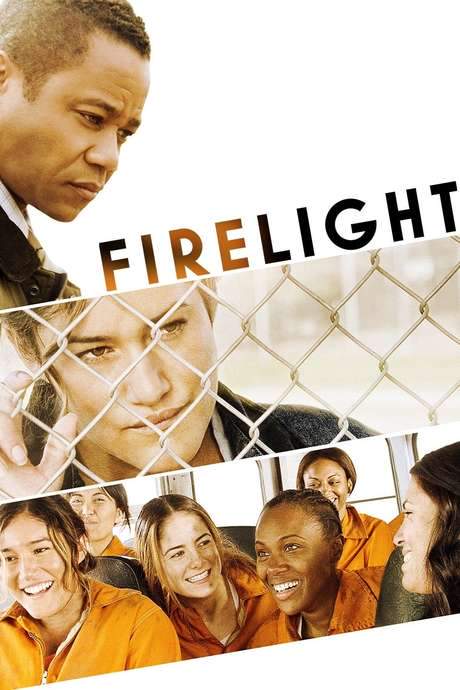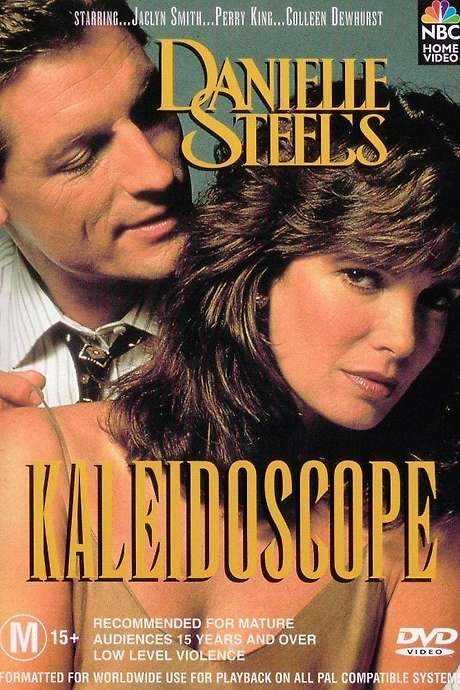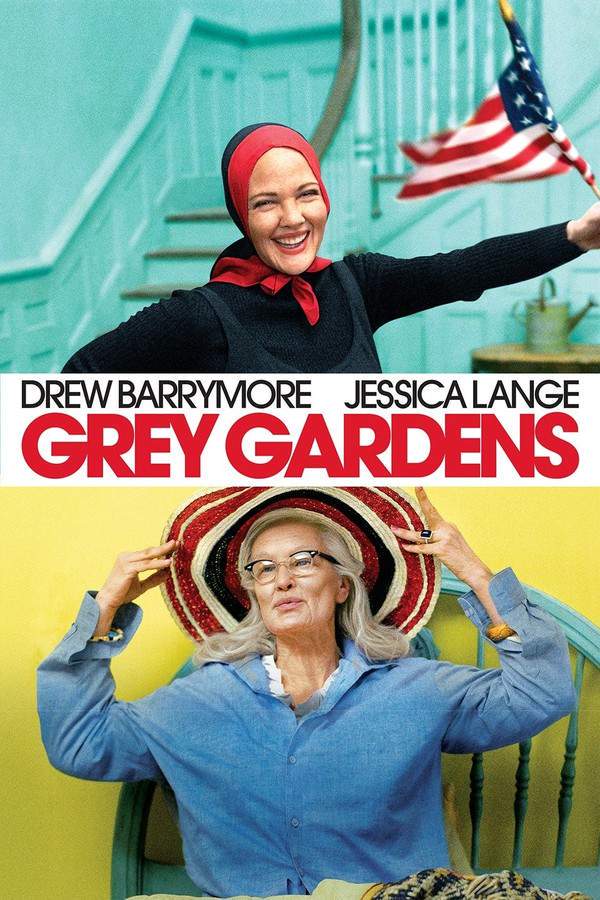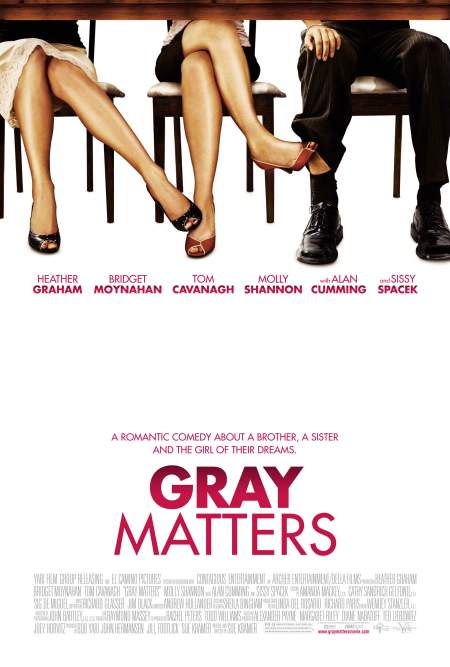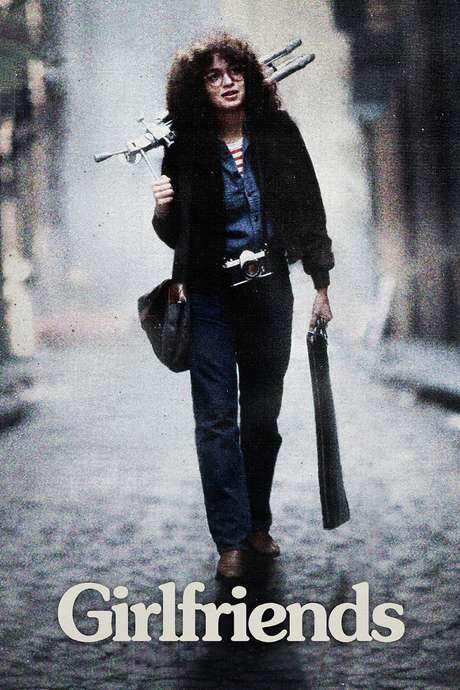
Grey Gardens
Year: 2009
Runtime: 104 mins
Language: English
Director: Michael Sucsy
True glamour never fades. Based on the life stories of the eccentric aunt and first cousin of Jackie Onassis, raised as Park Avenue debutantes, the film follows their withdrawal from New York society to the secluded Long Island estate Grey Gardens. As their wealth and outside contact diminish, their grip on reality unravels.
Warning: spoilers below!
Haven’t seen Grey Gardens yet? This summary contains major spoilers. Bookmark the page, watch the movie, and come back for the full breakdown. If you're ready, scroll on and relive the story!
Grey Gardens (2009) – Full Plot Summary & Ending Explained
Read the complete plot breakdown of Grey Gardens (2009), including all key story events, major twists, and the ending explained in detail. Discover what really happened—and what it all means.
Grey Gardens unfolds as a humane, patient study of two women steady in their quirks and stubbornness, Edith Bouvier Beale and her daughter Edith Bouvier Beale—known as Big Edie [Jessica Lange] and Little Edie [Drew Barrymore]—who were once tied to New York City’s high society and are now living quietly at their Long Island home, Grey Gardens. The film treats their life with a calm, observational tone, letting small moments reveal the complexity of loyalty, memory, and independence.
The narrative moves with a series of reflective flashbacks that chart how the family came to inhabit the estate. Phelan Beale, Big Edie’s husband and the father of Little Edie, ultimately divorces, and the film captures the shifts this creates in the sisters’ world. Little Edie pursues ambitions in acting and a romance with a famous, married man, Julius “Cap” Krug [Daniel Baldwin], while her father cautions that she must find a husband to support the lifestyle they’ve maintained. The mood is both intimate and gently disquieting as Little Edie imagines a different life, even as the practicalities of money and status press in from outside.
As years pass, the two women—proud and protective of their autonomy—face the hard reality that the house is financially and physically in decline. After Phelan’s death, their sons urge Big Edie to downsize or move to Florida, but she stubbornly insists that the house is in her name and that she will leave only with death. What follows is a slow, inexorable retreat into isolation: Grey Gardens becomes a sanctuary and a trap, a place of stray cats, raccoons, and heaps of belongings that deepen the sense of decay while sharpening the characters’ idiosyncrasies.
Into this already fragile world, Jackie Kennedy’s sister Lee Radziwill steps in to fund a cleanup and restoration, and the film introduces documentarians who will forever change the Beales’ story. The independent filmmakers Albert and David Maysles [Arye Gross] and [Louis Ferreira] introduce themselves, capturing the family in a way that feels almost uncomfortably intimate. When Radziwill’s involvement wanes, the Maysles press on, choosing Big Edie and Little Edie as the most compelling threads in their footage and deciding to make a film about them. The result is a meta-narrative as Grey Gardens is born from the process of filmmaking itself, not just the lives it documents.
The documentary-style sequences reveal the contrasts between the two women: Big Edie’s pride and defiance, and Little Edie’s yearning for a different destiny. As the film inside the film progresses, the tension between power, control, and affection comes to the fore. The moments of hostility between mother and daughter give way to tenderness, and the sisters’ bond ultimately surfaces as their most enduring connection. The film ends with a poignant reconciliation—the moment when Big Edie grants her blessing for Little Edie to attend the premiere of the documentary, even passing along sentimental mementos, including her wedding earrings and necklace, as a symbolic gesture of faith in a future the two may still share.
When Little Edie steps onto the Reno Sweeney stage in Greenwich Village to sing “Tea for Two,” the scene becomes a bittersweet affirmation of aspiration and memory. Backstage, the famous line springs to life in Big Edie’s voice as she answers a Times journalist with a mix of pride and humor: > No, Mr. Goodman, it’s all in the movie. The moment crystallizes the film’s core: the Beales’ lives are inseparable from the story the film tells, and the truth of their world remains both cherished and elusive.
The documentary closes with a final glimpse of resilience and defiance, punctuated by Little Edie’s soaring performance and the lingering sense that the Beales’ choices—whether seen as eccentric or admirable—have carved a lasting mark on the culture around them. The closing sentiment lingers as a quiet reminder of the line between providing a life and living one’s truth, a theme embodied in the closing image of Little Edie and her mother and summarized in her mother’s parting wisdom about the life they built together: a life that was, in its own way, priceless. > My mother gave me a truly priceless life.
Last Updated: October 07, 2025 at 09:59
Explore Movie Threads
Discover curated groups of movies connected by mood, themes, and story style. Browse collections built around emotion, atmosphere, and narrative focus to easily find films that match what you feel like watching right now.
Movies about decaying grandeur and eccentric isolation like Grey Gardens
Stories of eccentric characters isolated within their crumbling, once-great worlds.If you liked the intimate portrayal of faded aristocracy in Grey Gardens, you'll appreciate these movies. They feature similar stories of eccentric characters in isolated, decaying settings, exploring themes of memory, social decline, and the strange beauty of lives lived outside the mainstream.
Narrative Summary
The narrative often unfolds in a contained setting, observing the daily rituals and strained relationships of characters who are trapped by their past or their environment. The drama arises from the subtle tensions between memory and reality, and the quiet struggle to maintain dignity in the face of inevitable decline.
Why These Movies?
These movies are grouped together because they share a specific atmospheric quality. They combine a melancholic tone with a slow, observational pace, focusing on character quirks and the symbolic power of a decaying setting to evoke feelings of nostalgia, sadness, and a peculiar kind of resilience.
Movies with complex mother-daughter relationships like Grey Gardens
Explorations of fiercely loyal yet deeply fraught relationships between mothers and daughters.Fans of the intricate and defiant bond between Big and Little Edie in Grey Gardens will find more moving stories here. These films explore similar themes of co-dependent mother-daughter relationships, family loyalty, and the emotional strain of living in a world of their own making.
Narrative Summary
The narrative focuses on the push and pull between two central characters, a mother and daughter. The story examines how their identities are intertwined, exploring themes of sacrifice, control, and the difficulty of separating oneself from a powerful family bond, often within a confined or pressurized environment.
Why These Movies?
These films are connected by their central focus on a psychologically complex and emotionally weighty mother-daughter relationship. They share a similar intensity derived from relational strain rather than external plot, and often feature a bittersweet or melancholic tone as they examine love, obligation, and inherited trauma.
Unlock the Full Story of Grey Gardens
Don't stop at just watching — explore Grey Gardens in full detail. From the complete plot summary and scene-by-scene timeline to character breakdowns, thematic analysis, and a deep dive into the ending — every page helps you truly understand what Grey Gardens is all about. Plus, discover what's next after the movie.
Grey Gardens Timeline
Track the full timeline of Grey Gardens with every major event arranged chronologically. Perfect for decoding non-linear storytelling, flashbacks, or parallel narratives with a clear scene-by-scene breakdown.

Characters, Settings & Themes in Grey Gardens
Discover the characters, locations, and core themes that shape Grey Gardens. Get insights into symbolic elements, setting significance, and deeper narrative meaning — ideal for thematic analysis and movie breakdowns.

Grey Gardens Spoiler-Free Summary
Get a quick, spoiler-free overview of Grey Gardens that covers the main plot points and key details without revealing any major twists or spoilers. Perfect for those who want to know what to expect before diving in.

More About Grey Gardens
Visit What's After the Movie to explore more about Grey Gardens: box office results, cast and crew info, production details, post-credit scenes, and external links — all in one place for movie fans and researchers.

Similar Movies to Grey Gardens
Discover movies like Grey Gardens that share similar genres, themes, and storytelling elements. Whether you’re drawn to the atmosphere, character arcs, or plot structure, these curated recommendations will help you explore more films you’ll love.
Explore More About Movie Grey Gardens
Grey Gardens (2009) Scene-by-Scene Movie Timeline
Grey Gardens (2009) Movie Characters, Themes & Settings
Grey Gardens (2009) Spoiler-Free Summary & Key Flow
Movies Like Grey Gardens – Similar Titles You’ll Enjoy
Grey Gardens (1975) Story Summary & Characters
Gray Matters (2007) Movie Recap & Themes
Grey and Black (2015) Complete Plot Breakdown
Hysterical Blindness (2002) Complete Plot Breakdown
The Garden Left Behind (2019) Film Overview & Timeline
The Beales of Grey Gardens (2006) Film Overview & Timeline
Grey Home (1000) Movie Recap & Themes
Among Grey Stones (1983) Movie Recap & Themes
The Green Ray (1986) Complete Plot Breakdown
Grey Matter (2023) Plot Summary & Ending Explained
Girlfriends (1978) Story Summary & Characters
Grey Fire (1994) Movie Recap & Themes
The Man in Grey (1943) Full Summary & Key Details
Grace & Glorie (1998) Complete Plot Breakdown
The House on 56th Street (1933) Spoiler-Packed Plot Recap


